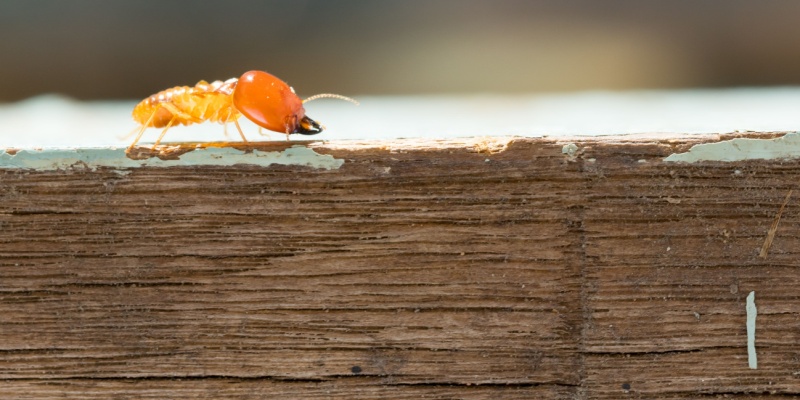Termites, often unseen pests, can cause significant structural damage to homes, which is costly to repair. The frequency of termite inspections can greatly influence the early detection and management of these pests. Regular inspections are crucial, especially considering the subtle and typically hidden nature of termite infestations. Understanding when and how often to conduct these inspections can not only save your home but also a considerable amount of money in the long run.
Key Factors Influencing Inspection Frequency
1. Geographic Location
Homes located in warmer climates are more susceptible to termite activity due to the favorable conditions for termite survival and colony growth. In regions like the southern United States, where warmth and humidity prevail, annual inspections are strongly recommended.
2. Previous Termite Infestations
Properties with a history of termite problems are at increased risk of future infestations. If your home has been treated for termites in the past, maintaining a regular inspection schedule is essential to monitor any resurgence and manage risks effectively.
3. Construction Materials and Age of Home
Older homes and structures primarily made of wood are particularly vulnerable to termite attacks. These properties, especially those over thirty years old or constructed primarily from wood, should be inspected at least once every two to three years.
4. Environmental Conditions
Areas with high moisture levels, whether from natural humidity or man-made issues such as poor drainage, attract termites. Properties in these areas might require more frequent inspections to prevent termite damage. Homes with poor ventilation and drainage should consider adjustments to mitigate these risks.
The Termite Inspection Process
During a comprehensive termite inspection, a pest control professional will examine the property for signs of termite activity and vulnerabilities. They inspect both the interior and exterior of the home, including accessible crawl spaces, basements, and attics. Professionals look for common signs of termite presence such as mud tubes on foundation walls, damaged or hollow-sounding wood, and live termites or their discarded wings near windowsills and doors. The inspector also evaluates conditions conducive to termite infestations, such as wood-soil contact, excessive moisture, and cracks in foundation walls through which termites might enter.
What Happens If Termites Are Found?
If evidence of termite activity is found, the inspector will recommend a treatment plan tailored to the specific needs of your home. This might include soil treatments, bait stations, or direct wood treatments. Following up with regular inspections after treatment is crucial to ensure that the infestation is completely eradicated and to monitor for any new activity.
Benefits of Regular Termite Inspections
Committing to regular inspections helps protect your home by:
- Identifying Potential Termite Activity Before It Becomes Widespread: Early detection is key in minimizing the extent of damage and the associated repair costs.
- Allowing for the Implementation of Preventative Measures to Reduce Future Risk: Professional inspectors can provide valuable advice on how to make your home less attractive to termites.
- Preserving the Structural Integrity and Value of Your Property: Termites can significantly decrease the value of a home by undermining its structural stability. Regular inspections can prevent this.
Making Inspections a Routine Part of Home Maintenance
Just as you would check a home’s heating system or roof, termite inspections should be a regular part of home maintenance. Homeowners are encouraged to consult with a pest control professional to determine an inspection schedule that best fits the needs of their property and local conditions. Termite inspections are a critical aspect of home maintenance, providing peace of mind and saving homeowners significant repair costs in the long run.
By understanding the factors that affect the frequency of termite inspections and committing to a regular schedule, you can protect your investment and ensure that your home remains strong and secure for years to come. Reach out to Bug Baron Exterminators today to set up a termite inspection for your home.
